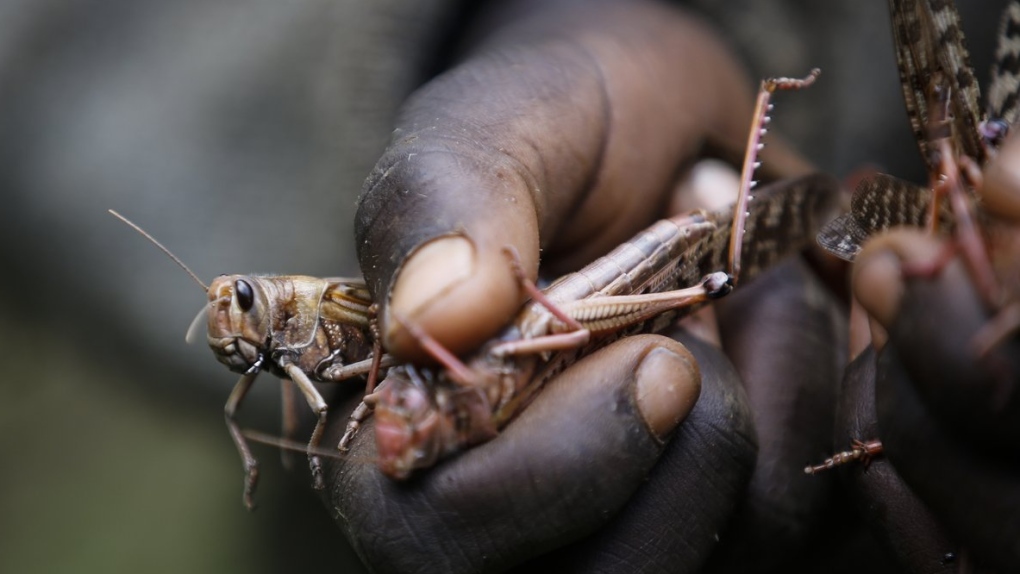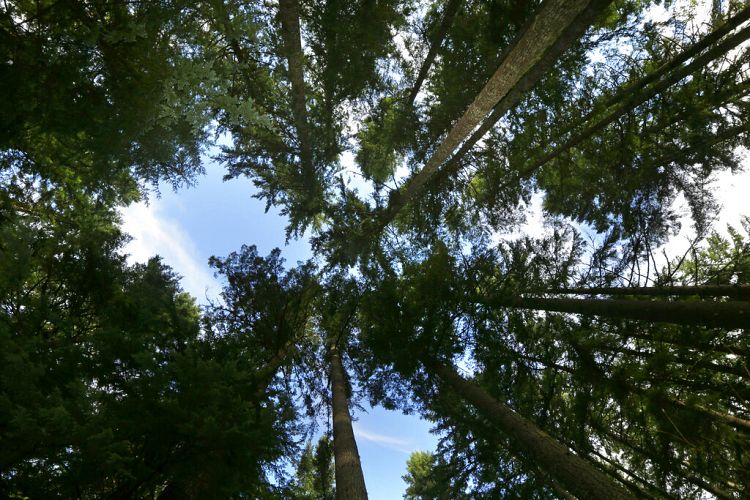 OAKVILLE, ON – What an extraordinarily mild winter it has been across Canada! While the past season included a monumental snowstorm for Atlantic Canada and a stretch of severe cold across western Canada, El Niño stole the show with one of the warmest winters on record and minimal snow for many. Will this pattern continue through spring? To answer this question, The Weather Network has issued their Spring Forecast for the months of March, April and May.”El Niño is fading, and La Niña appears to be getting ready to take the stage as we head towards summer,” said Chris Scott, Chief Meteorologist with The Weather Network. “Therefore, we expect this spring will feature profound mood swings across Canada as periods of late winter-like weather interrupt our journey towards consistent warm weather. However, we expect that warmer-than-normal temperatures will outduel the cold weather for most Canadians this spring.” Below is a more detailed look at the conditions expected in each province this spring.
OAKVILLE, ON – What an extraordinarily mild winter it has been across Canada! While the past season included a monumental snowstorm for Atlantic Canada and a stretch of severe cold across western Canada, El Niño stole the show with one of the warmest winters on record and minimal snow for many. Will this pattern continue through spring? To answer this question, The Weather Network has issued their Spring Forecast for the months of March, April and May.”El Niño is fading, and La Niña appears to be getting ready to take the stage as we head towards summer,” said Chris Scott, Chief Meteorologist with The Weather Network. “Therefore, we expect this spring will feature profound mood swings across Canada as periods of late winter-like weather interrupt our journey towards consistent warm weather. However, we expect that warmer-than-normal temperatures will outduel the cold weather for most Canadians this spring.” Below is a more detailed look at the conditions expected in each province this spring.
 As Canada continues to experience warmer-than-usual temperatures this winter, the country must gear up for extreme weather events, including drought, wildfires and floods in the spring and summer, experts told Global News. Global News meteorologist Anthony Farnell said this year’s high temperatures were due to El Niño, which is a phenomenon where the water in the equatorial region of the Pacific warms and weather patterns across North America change. “This year was likely even warmer because of the effects of climate change. In the last few days, winter has returned to Western Canada but a large ridge is pumping very mild air across the eastern half of the country,” Farnell said. Kent Moore, a professor of atmospheric physics at the University of Toronto Mississauga, said this warm weather has also meant reduced precipitation.
As Canada continues to experience warmer-than-usual temperatures this winter, the country must gear up for extreme weather events, including drought, wildfires and floods in the spring and summer, experts told Global News. Global News meteorologist Anthony Farnell said this year’s high temperatures were due to El Niño, which is a phenomenon where the water in the equatorial region of the Pacific warms and weather patterns across North America change. “This year was likely even warmer because of the effects of climate change. In the last few days, winter has returned to Western Canada but a large ridge is pumping very mild air across the eastern half of the country,” Farnell said. Kent Moore, a professor of atmospheric physics at the University of Toronto Mississauga, said this warm weather has also meant reduced precipitation.

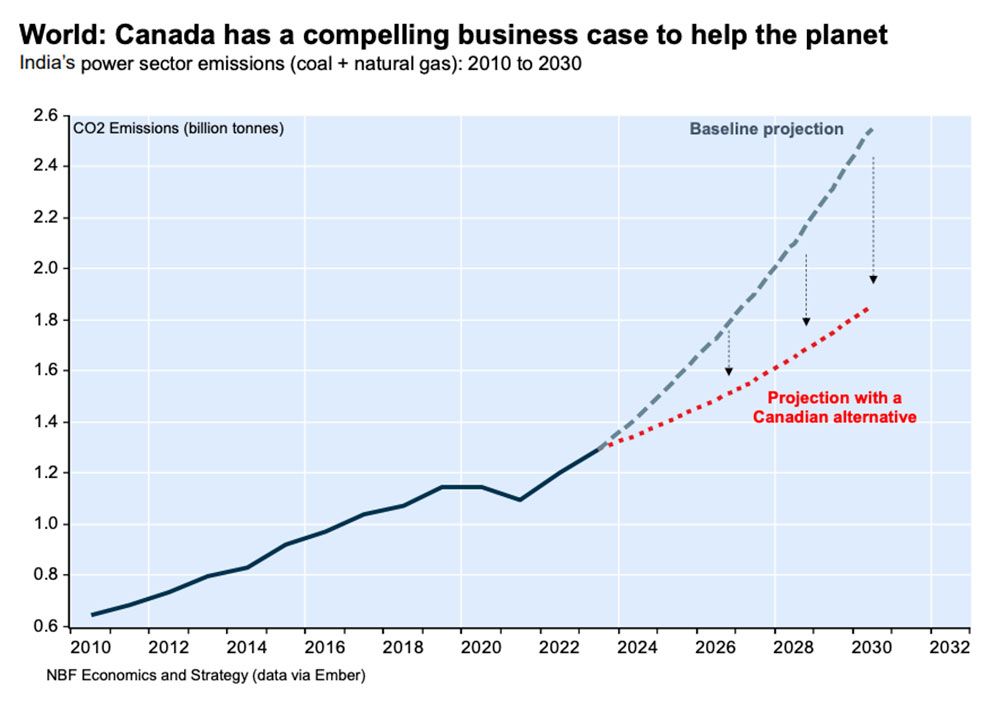


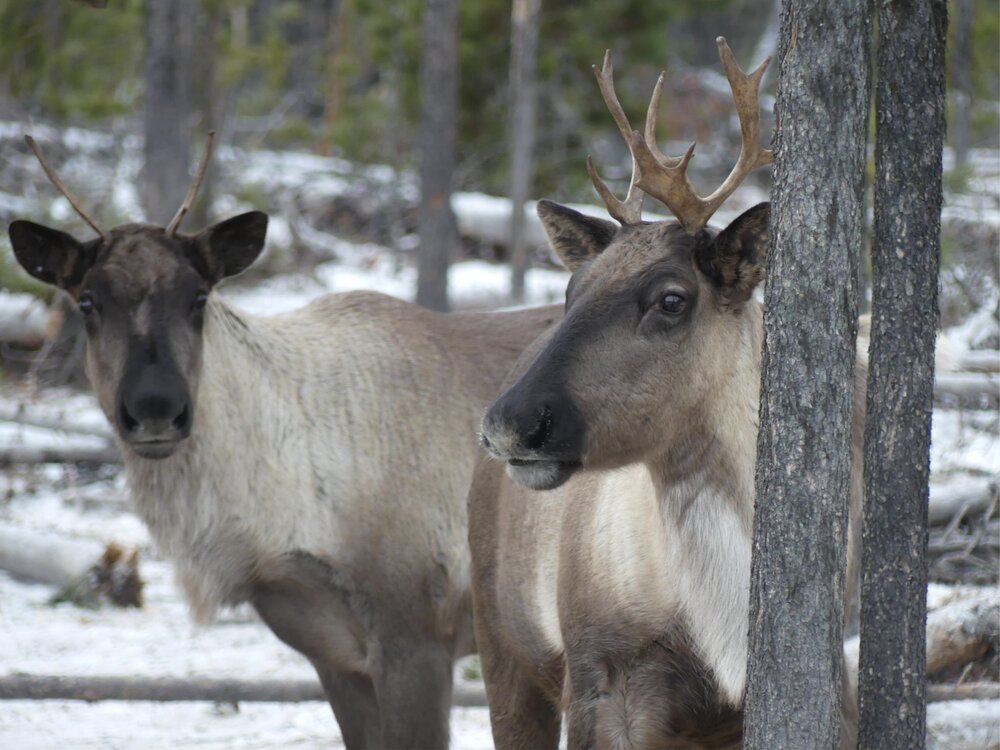
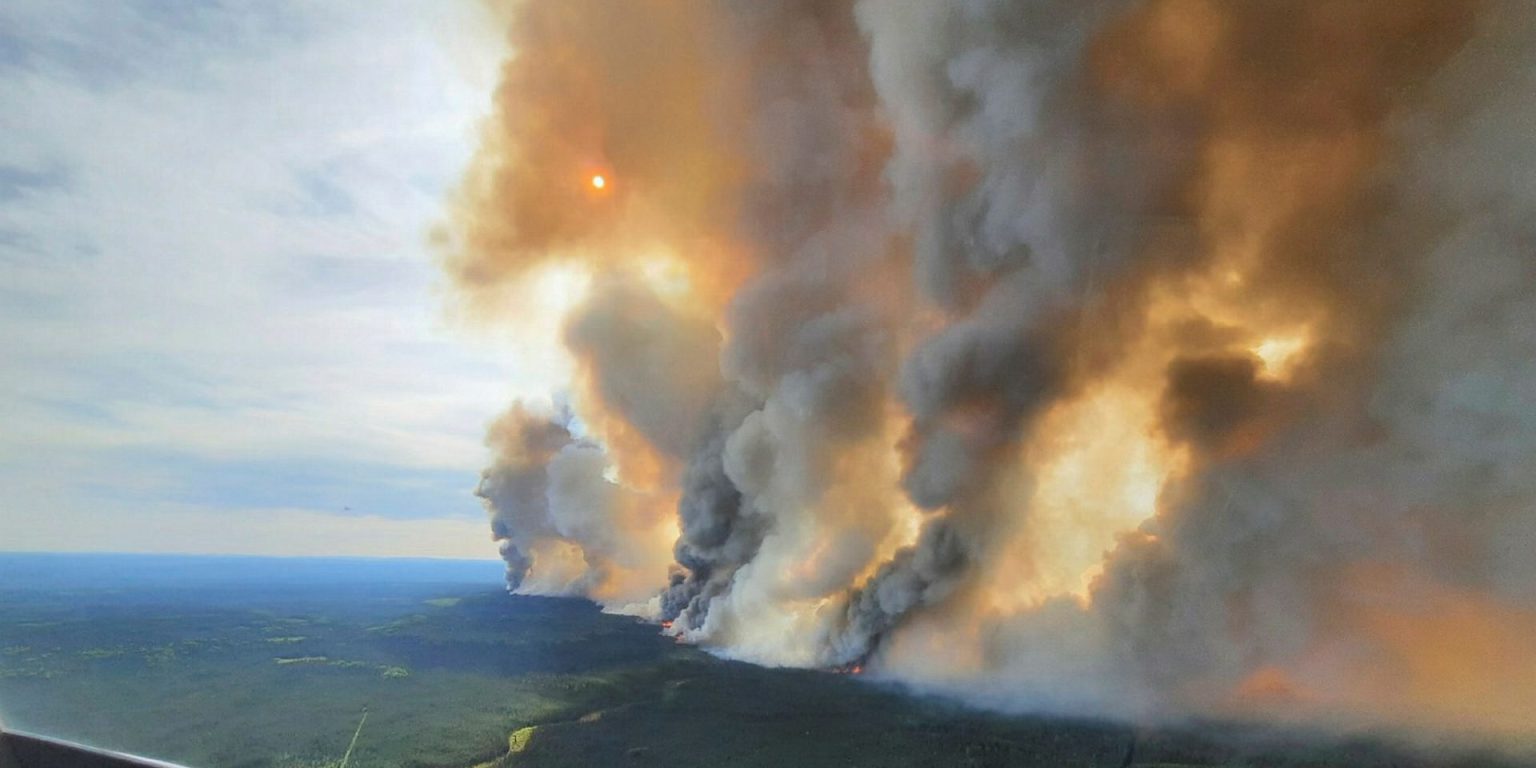







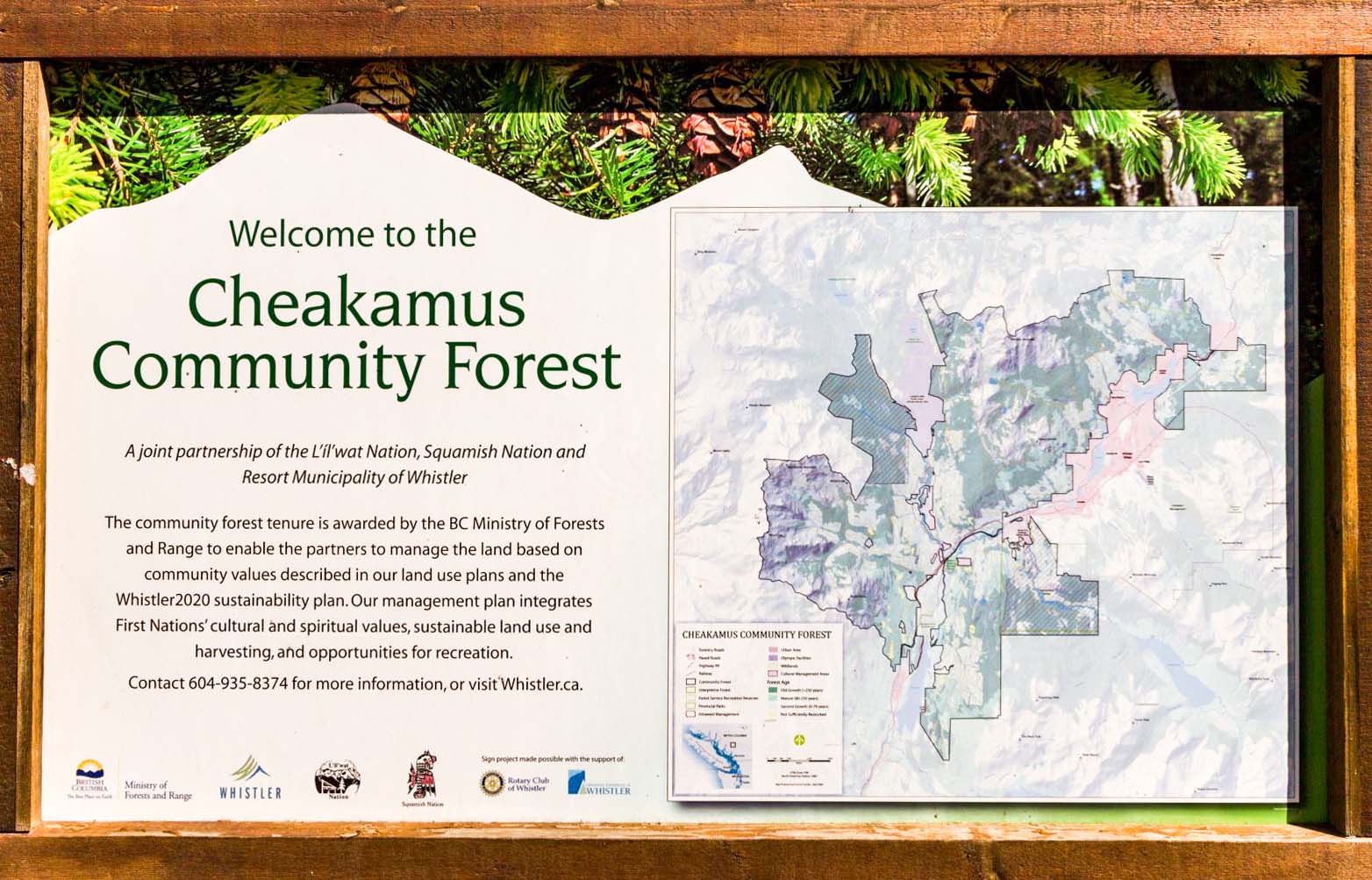 Pique’s reporting on March 31, 2023, offered a glimmer of hope that the Cheakamus Community Forest’s Carbon Credit scheme “would not be exploited by large corporations for greenwashing.” The liquefied fossil gas plant being constructed in Squamish claims to achieve “net-zero” emissions by purchasing carbon credits from the Cheakamus Community Forest. This situation uses the growth of trees in Whistler to justify a fossil-fuel megaproject, with the Resort Municipality of Whistler (RMOW) directly supporting fracking and fossil-gas expansion. This stance is in stark contrast to the values of a community known for its natural beauty and commitment to conservation. …I urge the RMOW and the Cheakamus Community Forest to halt the sale of carbon credits to fossil gas projects and to publicly denounce a project that contradicts the environmental principles they profess to uphold.
Pique’s reporting on March 31, 2023, offered a glimmer of hope that the Cheakamus Community Forest’s Carbon Credit scheme “would not be exploited by large corporations for greenwashing.” The liquefied fossil gas plant being constructed in Squamish claims to achieve “net-zero” emissions by purchasing carbon credits from the Cheakamus Community Forest. This situation uses the growth of trees in Whistler to justify a fossil-fuel megaproject, with the Resort Municipality of Whistler (RMOW) directly supporting fracking and fossil-gas expansion. This stance is in stark contrast to the values of a community known for its natural beauty and commitment to conservation. …I urge the RMOW and the Cheakamus Community Forest to halt the sale of carbon credits to fossil gas projects and to publicly denounce a project that contradicts the environmental principles they profess to uphold.
 Legislation currently pending in Washington state aims to require airport operators to make a minimum 10% blend of sustainable aviation fuel (SAF) available to private jets owned by individuals or businesses once certain conditions are met. The bill, SB 6114, was introduced by Washington Sen. Marko Liias on Jan. 10 and cleared the Senate Transportation Committee on Feb. 5. According to the bill text, the requirement would kick in within 24 months of the Washington Department of Ecology verifying cumulative SAF production capacity of 20 MMgy. The bill also requires the department to complete a feasibility study for enforcing and carrying out the bill’s requirements by Nov. 1, 2027. Rules for the program would have to be adopted within 12 months of the completion of that feasibility study.
Legislation currently pending in Washington state aims to require airport operators to make a minimum 10% blend of sustainable aviation fuel (SAF) available to private jets owned by individuals or businesses once certain conditions are met. The bill, SB 6114, was introduced by Washington Sen. Marko Liias on Jan. 10 and cleared the Senate Transportation Committee on Feb. 5. According to the bill text, the requirement would kick in within 24 months of the Washington Department of Ecology verifying cumulative SAF production capacity of 20 MMgy. The bill also requires the department to complete a feasibility study for enforcing and carrying out the bill’s requirements by Nov. 1, 2027. Rules for the program would have to be adopted within 12 months of the completion of that feasibility study. 
 The state’s forests are much too dense and wildly overgrown. …Rural county officials see an additional reason to cut trees and clear forests: bringing back jobs lost in the long decline of logging. The accumulated biomass can be ground into pellets and sold for fuel in Japan and Europe. …Advocates contend the industry will be climate friendly and carbon neutral, but opponents say pellet plants already operating in the southeastern United States are neither. The U.S., they say, is paying the price of green energy in Europe. …Enviva claims it uses only treetops and branches in its plants, the kind of material the California plants also plan to use. But a whistleblower called that a joke. “We use 100% whole trees,” he said. The rural representatives in California claim their operation will be nothing like Enviva’s. “Our mission is to increase forest health,” said Blacklock.
The state’s forests are much too dense and wildly overgrown. …Rural county officials see an additional reason to cut trees and clear forests: bringing back jobs lost in the long decline of logging. The accumulated biomass can be ground into pellets and sold for fuel in Japan and Europe. …Advocates contend the industry will be climate friendly and carbon neutral, but opponents say pellet plants already operating in the southeastern United States are neither. The U.S., they say, is paying the price of green energy in Europe. …Enviva claims it uses only treetops and branches in its plants, the kind of material the California plants also plan to use. But a whistleblower called that a joke. “We use 100% whole trees,” he said. The rural representatives in California claim their operation will be nothing like Enviva’s. “Our mission is to increase forest health,” said Blacklock.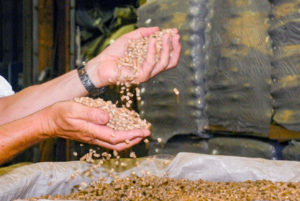 As the New Hampshire Department of Environmental Services creates the newest iteration of the state’s Priority Climate Action Plan (PCAP), it must acknowledge and include the key role that New Hampshire forests and forest products play in reducing carbon emissions. Forest-based strategies are notably absent from the draft Priority Measures. The 2009 PCAP rightly recognized forestry and wood heat as strategies to combat climate change in ways that also deliver important benefits for the New Hampshire economy and rural communities. It will be a huge oversight if the updated version fails to do the same. A critical tool that is already substantially mitigating the state’s emissions is literally all around us. …One of those strategies is modern wood heat. …Another forest strategy for carbon reduction is substituting mass timber for steel and concrete in our built environment, which generates three significant climate benefits.
As the New Hampshire Department of Environmental Services creates the newest iteration of the state’s Priority Climate Action Plan (PCAP), it must acknowledge and include the key role that New Hampshire forests and forest products play in reducing carbon emissions. Forest-based strategies are notably absent from the draft Priority Measures. The 2009 PCAP rightly recognized forestry and wood heat as strategies to combat climate change in ways that also deliver important benefits for the New Hampshire economy and rural communities. It will be a huge oversight if the updated version fails to do the same. A critical tool that is already substantially mitigating the state’s emissions is literally all around us. …One of those strategies is modern wood heat. …Another forest strategy for carbon reduction is substituting mass timber for steel and concrete in our built environment, which generates three significant climate benefits.
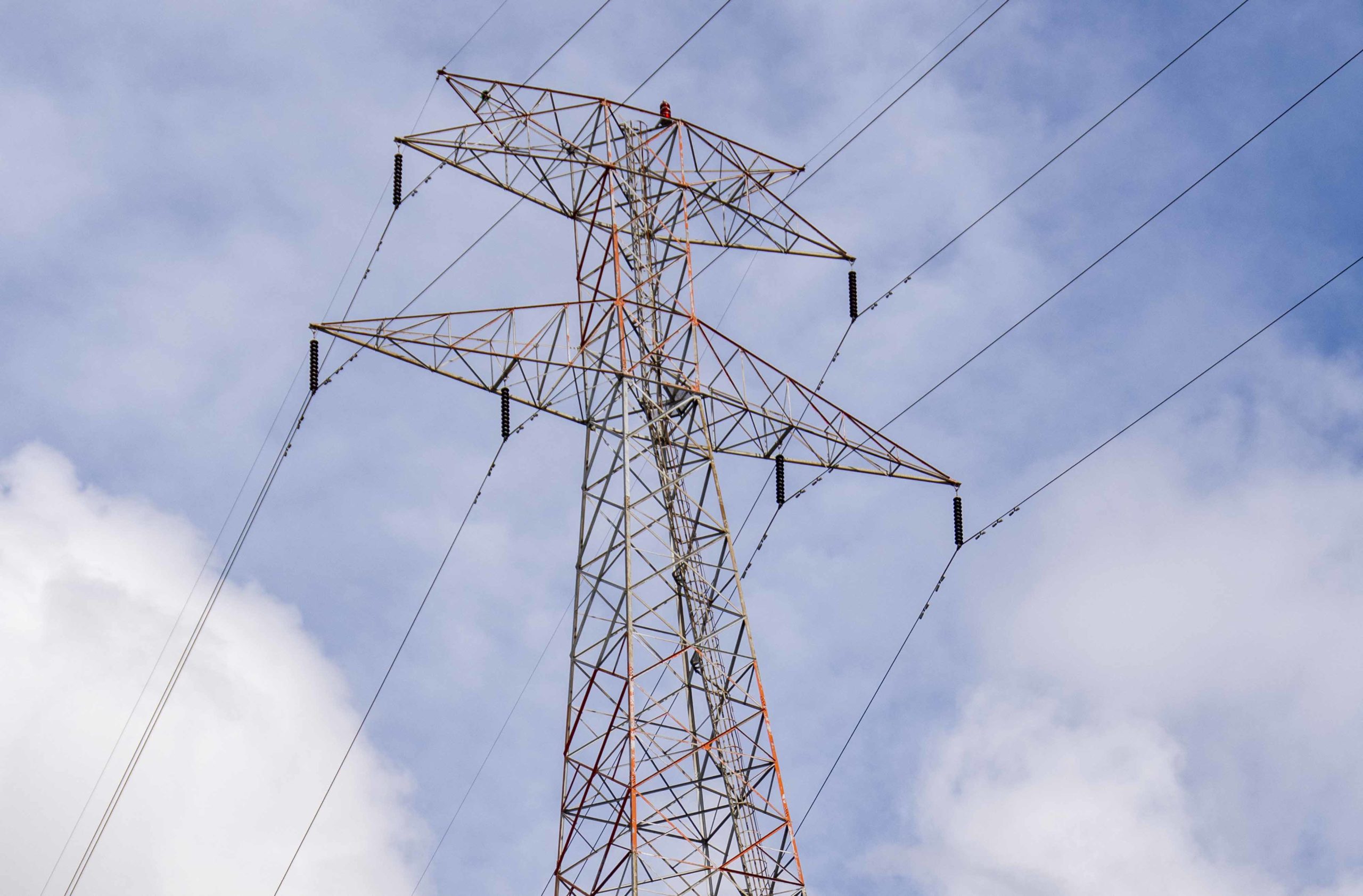 New independent analysis by Public First, ‘Mind the gap: Exploring Britain’s energy crunch’, commissioned by Drax Group (Drax), reveals that the UK will hit an energy security “crunch point” in 2028. Public First’s research finds that in 2028 a perfect storm of an increase in demand, the retirement of existing assets, and delays to the delivery of Hinkley Point C will culminate in demand exceeding secure dispatchable and baseload capacity by 7.5GW at peak times. This shortfall is more than three times the secure de-rated power that Sizewell C will be capable of providing to the system when completed – 2.5GW – and nearly double the gap in 2022 (4GW). Uncertainty for biomass generators, which contribute over 3GW of secure dispatchable power, risks compounding the shortfall by nearly 50%.
New independent analysis by Public First, ‘Mind the gap: Exploring Britain’s energy crunch’, commissioned by Drax Group (Drax), reveals that the UK will hit an energy security “crunch point” in 2028. Public First’s research finds that in 2028 a perfect storm of an increase in demand, the retirement of existing assets, and delays to the delivery of Hinkley Point C will culminate in demand exceeding secure dispatchable and baseload capacity by 7.5GW at peak times. This shortfall is more than three times the secure de-rated power that Sizewell C will be capable of providing to the system when completed – 2.5GW – and nearly double the gap in 2022 (4GW). Uncertainty for biomass generators, which contribute over 3GW of secure dispatchable power, risks compounding the shortfall by nearly 50%.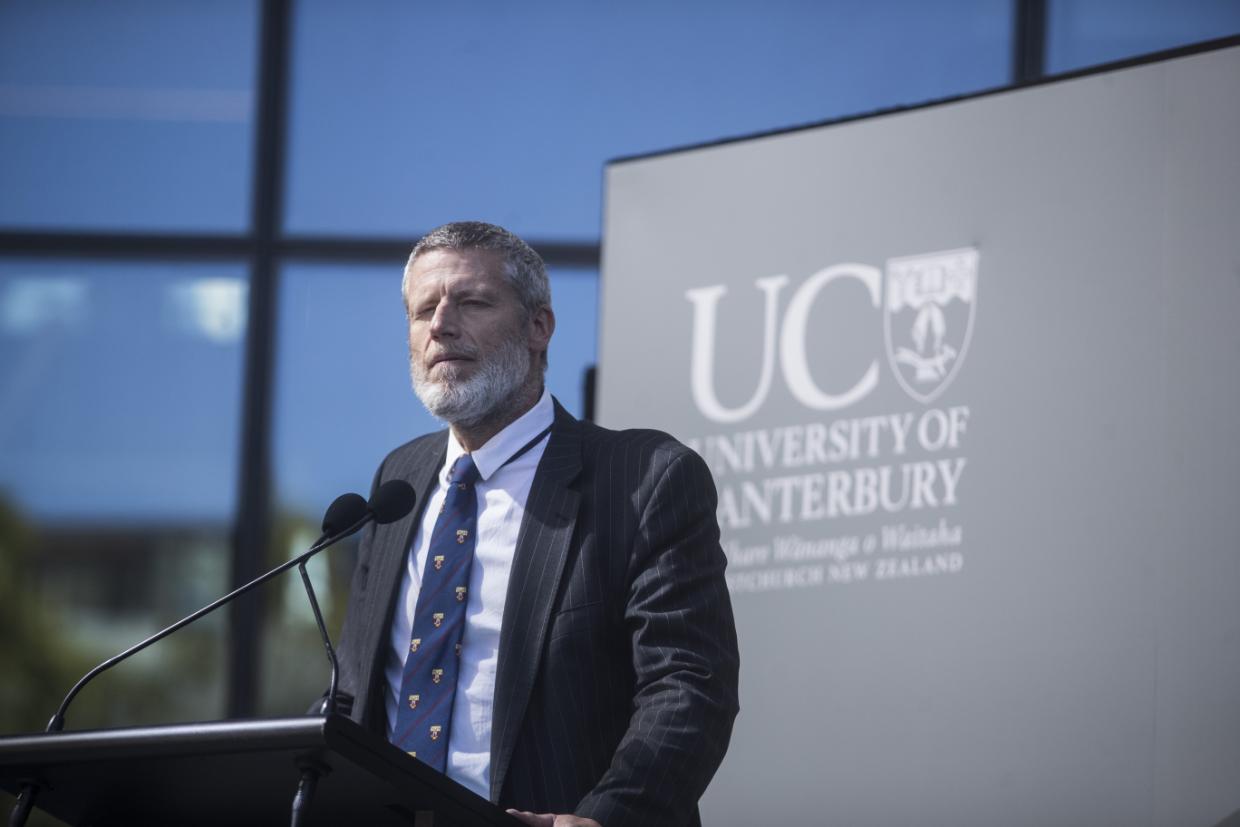
 Council and European Parliament negotiators reached a provisional political agreement today on a regulation to establish the first EU-level certification framework for for permanent carbon removals, carbon farming and carbon storage in products . The voluntary framework is intended to facilitate and speed up the deployment of high-quality carbon removal and soil emission reduction activities in the EU. Once entered into force, the regulation will be the first step towards… the EU’s ambitious goal of reaching climate neutrality by 2050. The deal reached today is provisional, pending formal adoption by both institutions. The regulation will cover carbon removal including temporary carbon storage in long-lasting products (such as wood-based construction products) of a duration of at least 35 years and that can be monitored on-site during the entire monitoring period.
Council and European Parliament negotiators reached a provisional political agreement today on a regulation to establish the first EU-level certification framework for for permanent carbon removals, carbon farming and carbon storage in products . The voluntary framework is intended to facilitate and speed up the deployment of high-quality carbon removal and soil emission reduction activities in the EU. Once entered into force, the regulation will be the first step towards… the EU’s ambitious goal of reaching climate neutrality by 2050. The deal reached today is provisional, pending formal adoption by both institutions. The regulation will cover carbon removal including temporary carbon storage in long-lasting products (such as wood-based construction products) of a duration of at least 35 years and that can be monitored on-site during the entire monitoring period.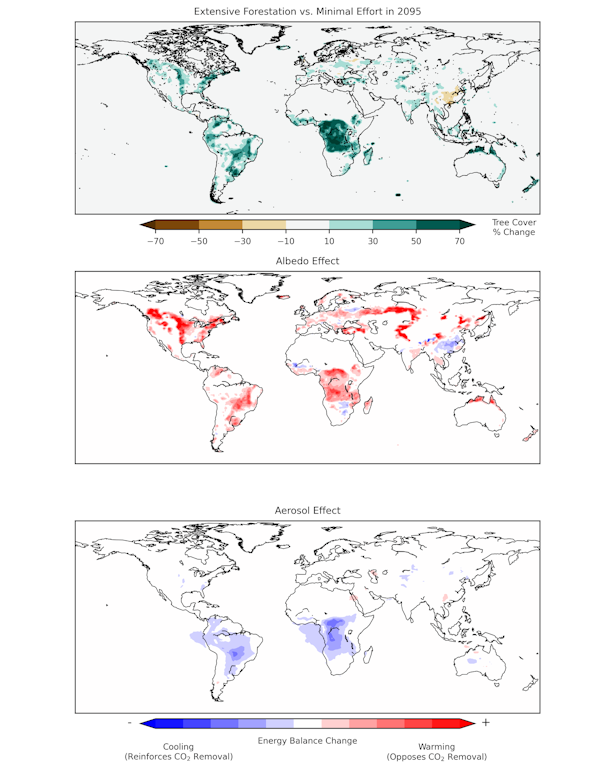

 Germany wants to curb the use of unsustainable crops for biomass and force producers to better utilize animal dung and organic waste, a move which has prompted warnings from the industry. While only about a third of animal manure is currently utilized for biogas production, the government wants two thirds to be used by 2030, a draft strategy paper says. It also wants organic waste and cover crops to play a greater role in bioenergy, while plant operators typically prefer to use energy crops such as corn or wood to produce heat, power or biofuels. Biomass, which is the main renewable energy source in both Germany and the European Union, has been considered a controversial alternative to conventional fossil fuels. While proponents argue that burning trees and plants — which absorb carbon dioxide — results in lower net emissions, critics worry about deforestation, land use and biological diversity.
Germany wants to curb the use of unsustainable crops for biomass and force producers to better utilize animal dung and organic waste, a move which has prompted warnings from the industry. While only about a third of animal manure is currently utilized for biogas production, the government wants two thirds to be used by 2030, a draft strategy paper says. It also wants organic waste and cover crops to play a greater role in bioenergy, while plant operators typically prefer to use energy crops such as corn or wood to produce heat, power or biofuels. Biomass, which is the main renewable energy source in both Germany and the European Union, has been considered a controversial alternative to conventional fossil fuels. While proponents argue that burning trees and plants — which absorb carbon dioxide — results in lower net emissions, critics worry about deforestation, land use and biological diversity.